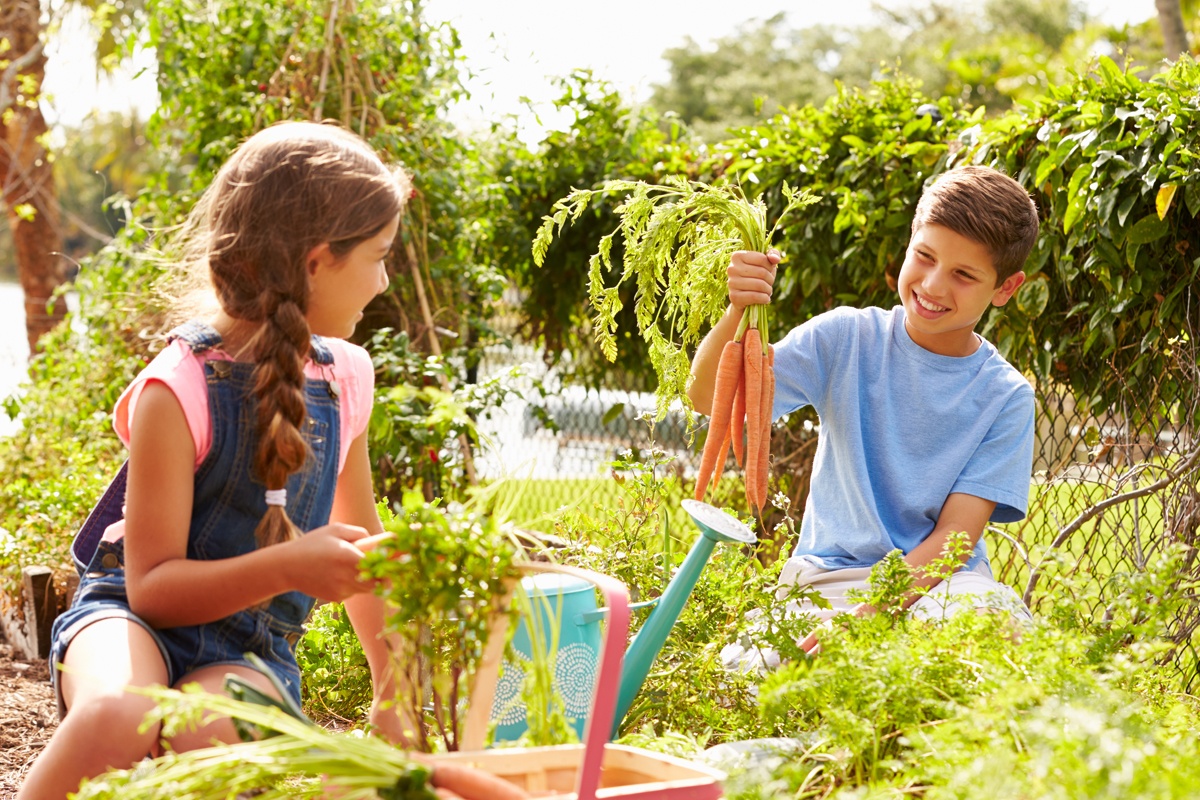Although we began the week (once again) with several inches of snow on Long Island, spring is truly just around the corner. April is National Garden month, and many people can’t wait to get their hands in the dirt!
Gardening has obvious benefits for physical health. It gets you outdoors in the sunshine (soaking up some vitamin D!) and moving around, so it’s great exercise. And, if you have vegetables in your garden, in a few months you will be experiencing the delicious benefits of homegrown tomatoes, cucumbers and other healthy foods.
But gardening isn’t just great for your body. It also promotes emotional and psychological well-being, especially for children and teens who have disconnected from nature.
“Young people are inundated with constant stimulation from their digital devices, with many glued in front of computer screens and video games as they struggle with feelings of loneliness and rejection,” says Andrew Malekoff, Executive Director of North Shore Child & Family Guidance Center. “That lack of connection to the natural world negatively impacts them physically, emotionally and socially.”
At the Guidance Center, we’ve seen firsthand how children blossom when they “get back to the garden.” With the help of Larry Foglia and Heather Forest of Fox Hollow Farms, we designed our two organic gardens—one at our Roslyn Heights headquarters and the other at our Manhasset location, The Marks Family Right From the Start 0-3+ Center. Groups of our children and teen clients water, seed and weed the organic beds, and they’re filled with joy when they see the vegetables grow.
Teens from our Wilderness Respite Program also worked at Fox Hollow Farm with Larry and Heather, learning even more about gardening. Another benefit: Since much of the produce the kids harvest is donated to local food pantries and organizations such as Island Harvest, they experience the pride that comes from helping others.
Through their work in the garden, kids who were shy and insecure developed self-confidence and made new friends. They learned leadership and team-building skills. Tending the garden and watching it grow intensified their sense of wonder and curiosity.
And there’s more. Gardeners achieve a natural state of calm and focus called mindfulness. “Though people often associate it with meditation, mindfulness doesn’t require hours of prayerful silence or chanting mantras,” says Malekoff. “Mindfulness at its core is about staying in the present, moment by moment, to feelings, thoughts, bodily sensations and the surrounding environment.”
Mindfulness is an inherent part of the experience of gardening; it gives kids new ground to stand on, both literally and figuratively, embracing their senses of sight, smell, sound, touch and taste. Mindfulness in nature calms the brain, allowing for reflection and healing, and it’s also great for the body.
Gardening helps kids connect to the Earth, to each other and, yes, even to their parents. Young children will be in awe as you show them the fruits (and vegetables) of your joint labor. If your teens are reluctant to work with you, expose them to tools that they can begin to master—and don’t be surprised if they end up joining you in the garden.
Note: Portions of this story originally ran in Anton Media, where Andrew Malekoff writes the Parenting Plus column.














